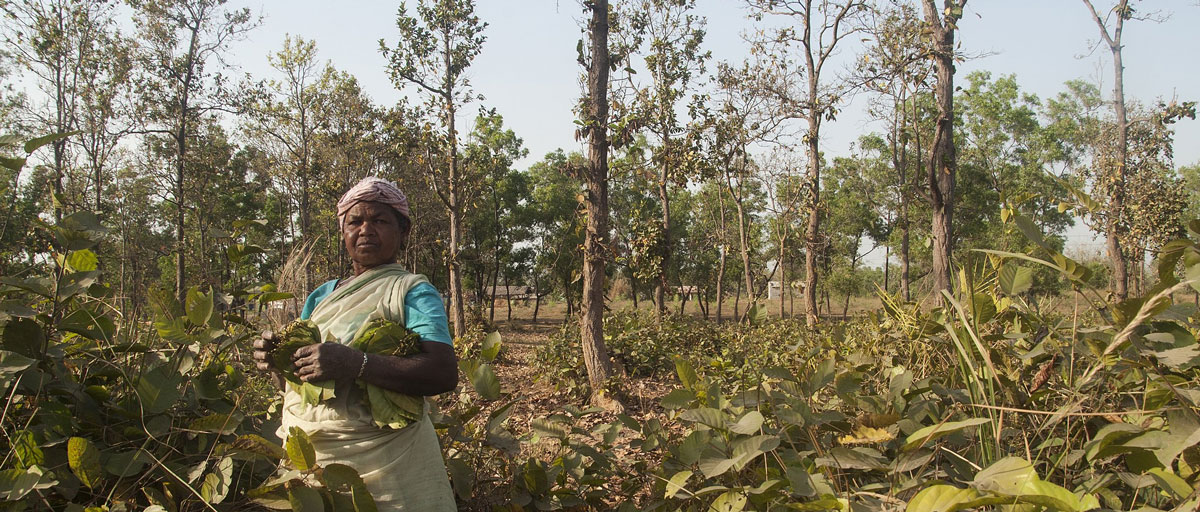Narratives in REDD+ benefit sharing: examining evidence within and beyond the forest sector
Summary
REDD+ was designed globally as a results-based instrument to incentivize emissions reduction from deforestation and forest degradation. Over 50 countries have developed strategies for REDD+, implemented pilot activities and/or set up forest monitoring and reporting structures, safeguard systems and benefit sharing mechanisms (BSMs), offering lessons on how particular ideas guide policy design. The implementation of REDD+ at national, sub-national and local levels required payments to filter through multiple governance structures and priorities. REDD+ was variously interpreted by different actors in different contexts to create legitimacy for certain policy agendas. Using an adapted 3E (effectiveness, efficiency, equity and legitimacy) lens, we examine four common narratives underlying REDD+ BSMs: (1) that results-based payment (RBP) is an effective and transparent approach to reducing deforestation and forest degradation; (2) that emphasis on co-benefits risks diluting carbon outcomes; (3) that directing REDD+ benefits predominantly to poor smallholders, forest communities and marginalized groups helps address equity; and (4) that social equity and gender concerns can be addressed by well-designed safeguards. This paper presents a structured examination of eleven BSMs from within and beyond the forest sector and analyses the evidence to variably support and challenge these narratives and their underlying assumptions to provide lessons for REDD+ BSM design. Our findings suggest that contextualizing the design of BSMs, and a reflexive approach to examining the underlying narratives justifying particular design features, is critical for achieving effectiveness, equity and legitimacy.







